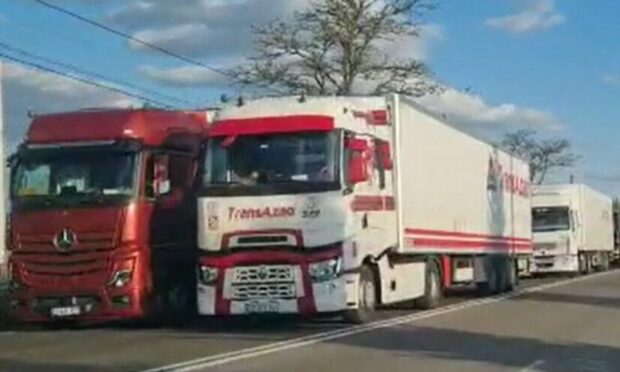The European Commission has published a list of the 17 ways its policies are helping tackle food supply problems globally and within Europe.
It says that because of the Russian invasion of Ukraine at least 275 million people globally are at risk from serious levels of food insecurity, and its actions include funding and practical aid for countries, particularly in Africa.
It is stressing its military assistance for Ukraine was alongside short-term measures to release the estimated 20 million tonnes of grain blockaded by Russia.
Within the EU, actions include boosting production by relaxing set aside restrictions, reducing taxes to cut costs, advance CAP payments and aid to combat rising costs.
It says the EU is also committed to finding ways to reduce reliance on imported agricultural inputs.
Ukraine’s application to join the EU is more of a political exercise than
the road to a speedy decision.
Membership requires a long process of checking to ensure standards are in line with those of the EU at every level, followed by political negotiations.
The decision would have to be supported by all 27 member states and the EU will face political challenges if it seeks to put Ukraine ahead of other countries.
Production down in Ukraine
Meanwhile, a report from European Commission experts on the joint research council (JRC) suggests grain production will be well down in Ukraine.
Elsewhere, the UK is seeking to put clear blue water between it and the EU over gene editing. In its latest food strategy paper, which makes some positive noises about local supply chains, the government has bet big on gene editing.
It says this is an area of UK expertise held back by membership of the EU and its more cautious approach, and says it will now be free to set rules to bring “precision” to livestock and crops.
The challenge is to persuade a sceptical public that gene editing, using genes within the same species, is different to genetic modification (GM).
In the EU, gene editing, which is supported by the European Commission
and scientists, is facing inevitable challenges in the European parliament and elsewhere.
